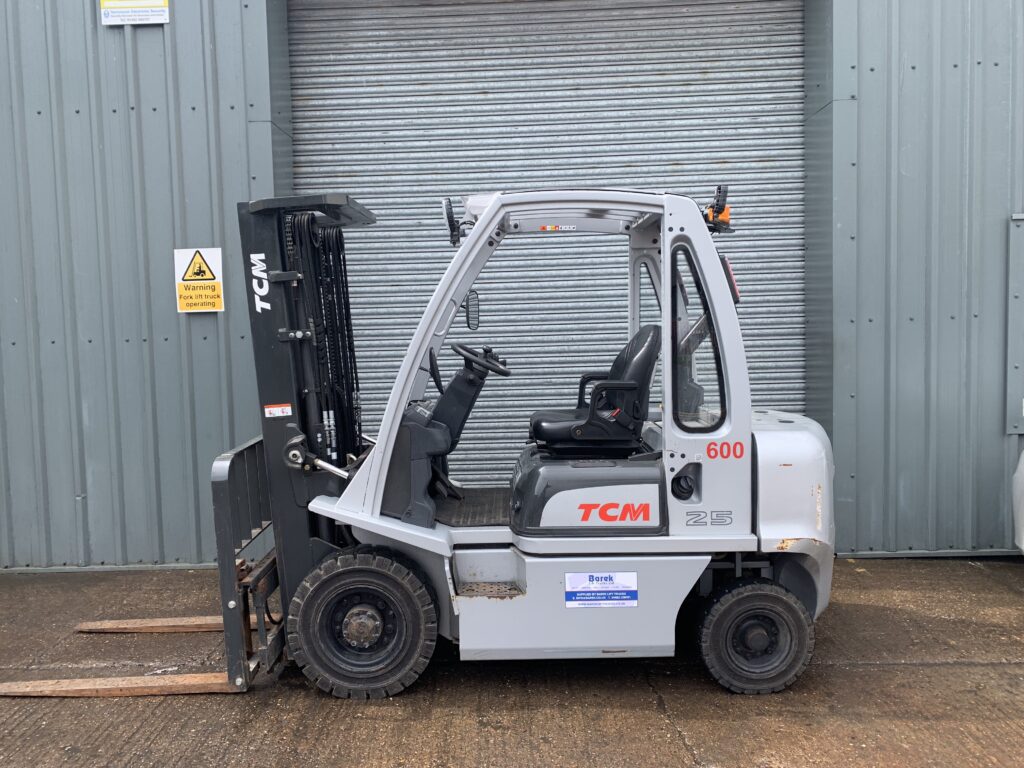
Whether you are considering investing in a fleet of electric forklifts for your business, or have recently made the switch, it’s essential that you know the best way to maintain them. Good maintenance is key to ensuring that you keep your electric forklifts working in peak condition, hence reducing downtime. Also, to secure the cost savings associated with shifting to electric energy, it’s vital to ensure your fleet is kept in optimal working condition.
Here we offer four electric forklift maintenance tips to help you get the best productivity out of your trucks – both now and in the future.
Once your new electric forklifts arrive, creating a schedule will help you and your staff keep on top of your maintenance jobs and priorities.
Most larger companies will have these schedules in place by default, but smaller operators should not forget to do so either. Important dates such as services due and battery warranty dates can be noted in the schedule and updated once they have been renewed or completed. For example, it’s recommended that forklifts are normally serviced at least every six months.
As well as these major servicing dates, smaller day-to-day maintenance processes can be added to the schedule, which need to be followed. These day-to-day processes include…
Checking forklift batteries regularly is an essential maintenance process to ensure safety. Batteries should be checked daily to ensure they are fully functional, well-charged and clean.
Cleaning will remove any dust or dirt which may have built up around the battery – without regular cleaning, this dirt could damage the battery and significantly reduce its lifespan.
Checking the battery’s electrolyte levels should be also be done frequently as well as topping them up if necessary. This process avoids sulphation of the plates which can cause damage over time as well as reduce the battery’s capacity.
Once batteries are fully charged, a further process is to ensure that they are topped up with deionised or distilled water to the correct level. Please ensure you have the correct PPE when topping up the batteries including safety glasses, coveralls and gloves.
When you’re expecting quieter periods or closures, there are also a couple of measures you should take to protect your equipment during these downtimes. These measures should be added to your schedule to ensure nothing is forgotten.
Batteries should never be allowed to discharge to any less than 20% otherwise they could risk irreparable damage. Try to avoid leaving electric forklifts completely inactive for long periods if you can help it. You will need to charge the batteries periodically to maintain optimal condition.
One of the best tips for protecting your fleet of electric forklifts is to ensure that your staff know how to look after the batteries. Training and refresher courses are essential to teach your staff how to keep the batteries safe as well as to empower them to feel responsible for the maintenance of the fleet.
Getting your employees into the right mindset can go a long way to helping your fleet last longer. If something doesn’t seem right to them, it probably isn’t. Therefore, make sure they know who to turn to if and when they notice a problem.